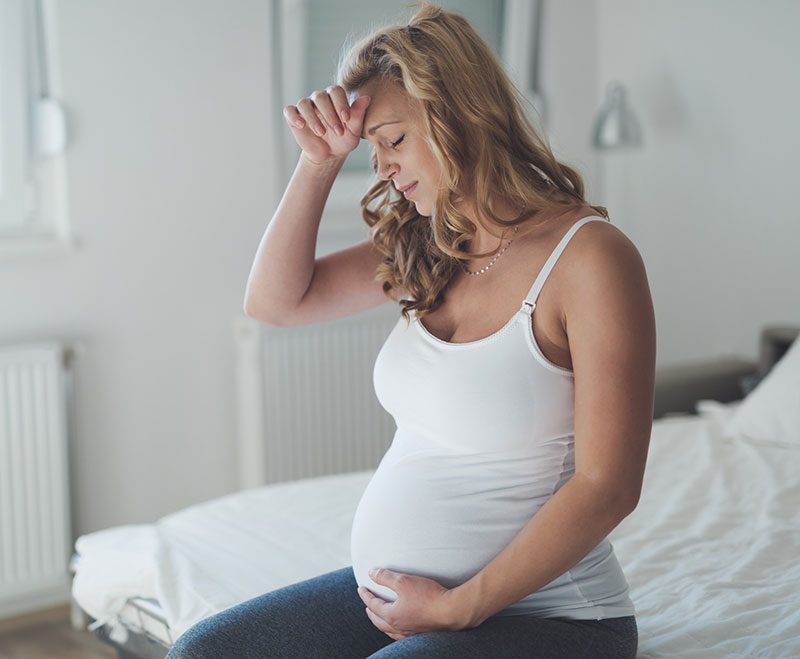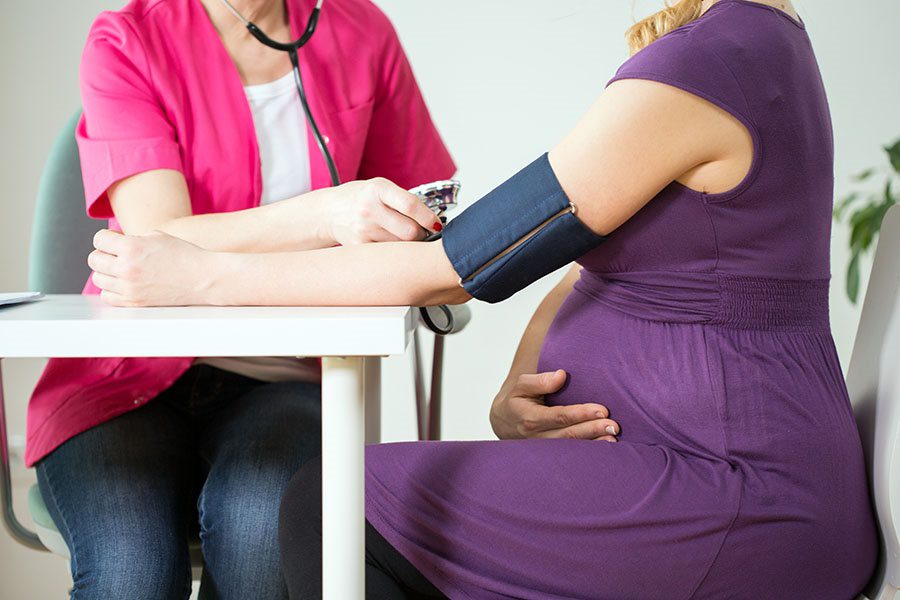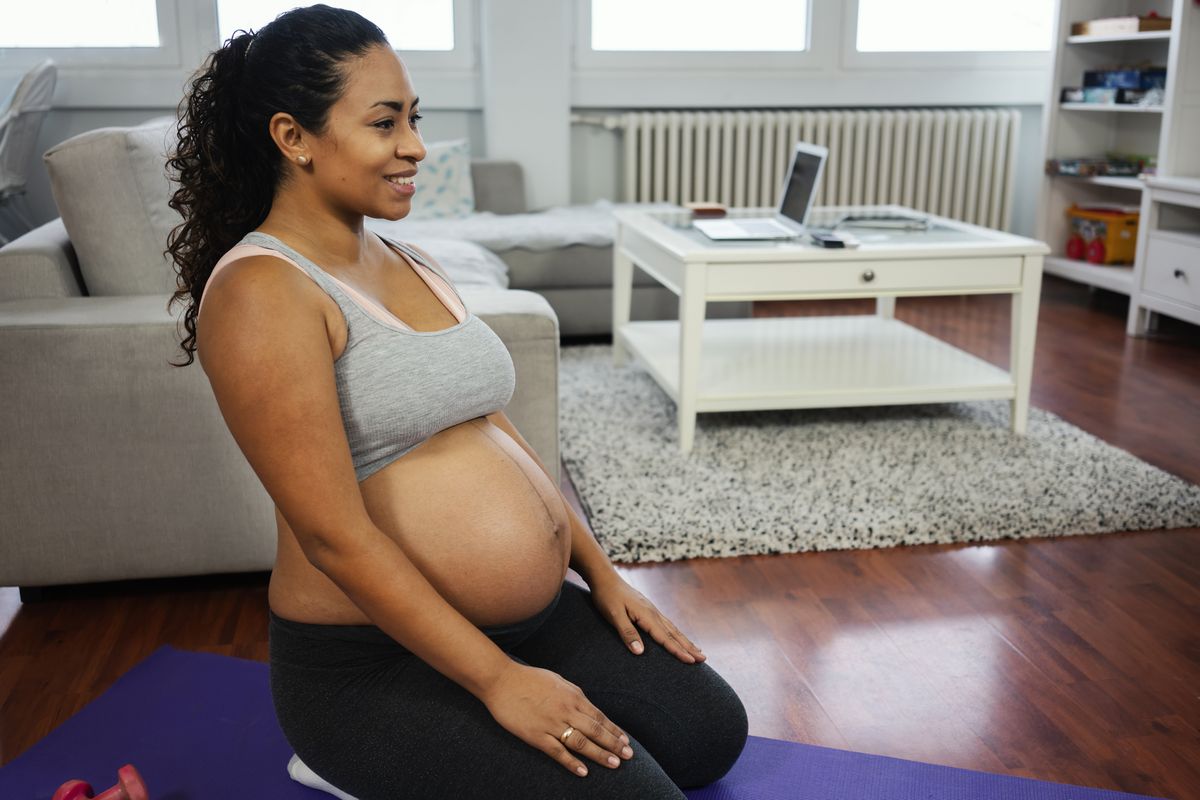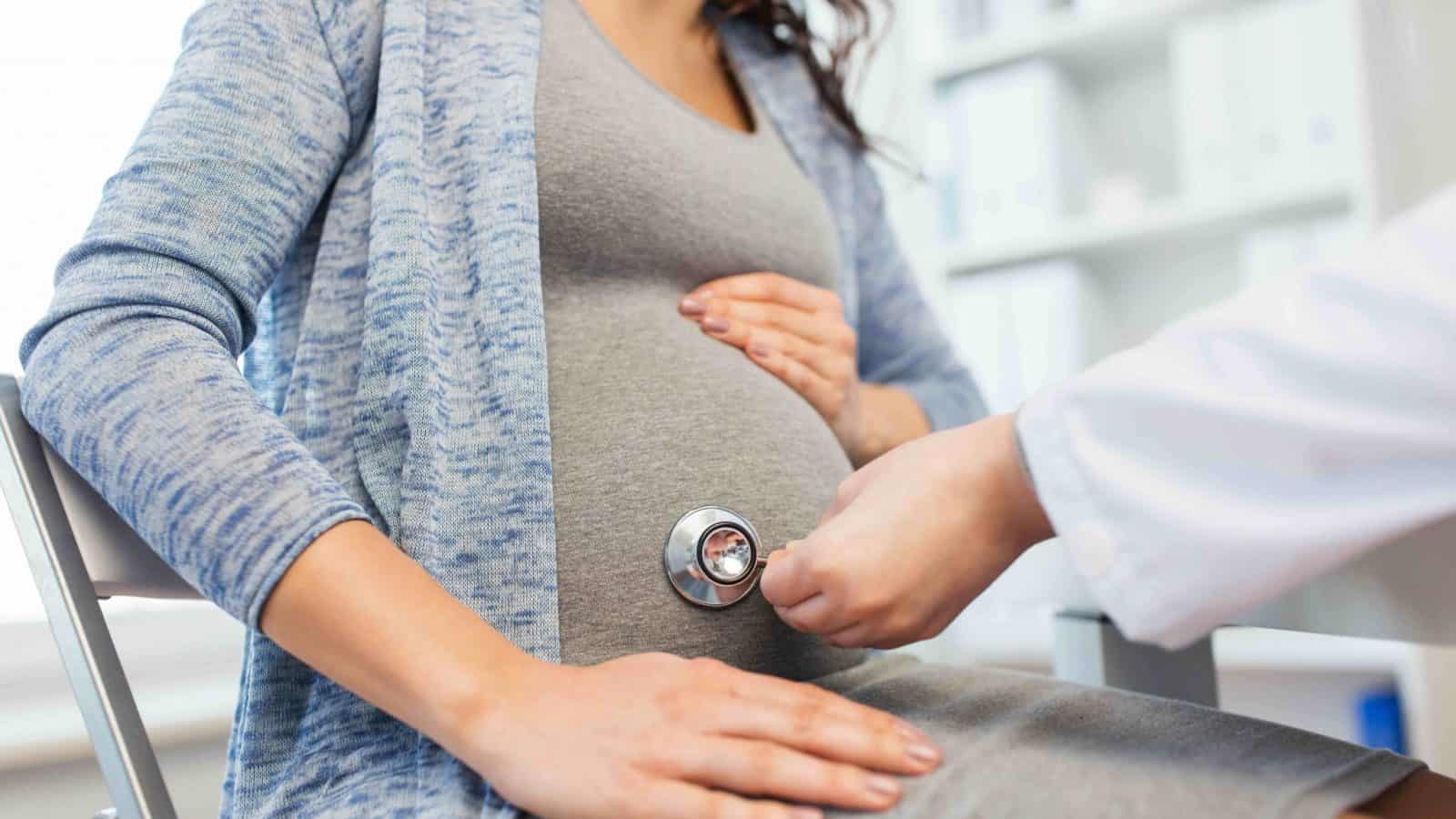Do you feel like it’s been an eternity since the last time you experienced a headache-free day? Pregnancy can be a rollercoaster of physical and emotional changes, from morning sickness and food cravings to backaches and mood swings. Unfortunately, headaches are widespread during this particular time – but don’t worry!
In this blog post, we’ll explore what causes these nagging pains and how to deal with them safely so that expectant mothers can experience relief without worrying about their little ones. Then, dive right into learning more about why pregnancy headaches occur and some simple remedies for finding fast relief.
Is My Pregnancy Headache a Cause for Concern?
A pregnancy headache is usually nothing to worry about. But if you’re an expectant mother experiencing one, it can be hard to tell whether the headache is a sign of something more severe or a common pregnancy symptom. While most headaches during pregnancy are generally nothing to worry about, there are some cases where they may be indicative of something more serious. Women who suddenly stop their morning coffee are likely to experience caffeine withdrawal headaches.

Headaches in Early Pregnancy
Tension Headaches During Pregnancy
Tension headaches are among the most common headaches experienced by nearly all women. They often feel like a band around your head and can be caused by dehydration, stress, or hormone fluctuations. However, in most cases, tension headaches are not caused for concern; they usually go away independently with rest and hydration.
However, if you experience frequent or severe tension headaches throughout your pregnancy, you must consult your healthcare provider for further evaluation.
Migraine Headaches During Pregnancy
Migraines are another type of headache that pregnant and postpartum women may experience. Characterized by intense throbbing pain radiating from one area of the head along with other symptoms such as nausea or light sensitivity, migraines can worsen during pregnancy due to hormonal imbalances.
If you experience migraine-like symptoms during pregnancy, it’s important to seek medical attention immediately to ensure there aren’t any underlying causes, such as preeclampsia or blood pressure issues, that need to be addressed.
Hormone Headaches During Pregnancy
Hormone-related headaches occur when hormone levels fluctuate due to changes in the body during certain times in the menstrual cycle or during pregnancy. Hormone-related throbbing headaches are usually not severe but can still cause significant discomfort; these headaches often respond well to over-the-counter medications such as ibuprofen or acetaminophen under your doctor’s supervision.
Avoid taking the medication without consulting your doctor first, as some medicines may not be safe during pregnancy.
What Causes Headaches in Pregnancy?
Blood pressure problems can be one of the known headache triggers during first-trimester pregnancy, so it’s essential to take steps to reduce your risk and monitor your health. But first, let’s break down the link between high blood pressure and headaches in pregnancy.
What is High Blood Pressure?
High blood pressure (also known as hypertension) is when your body has an abnormally high amount of stress in its arteries and severe tiredness. It can lead to severe complications if left unchecked, including stroke, heart attack, and organ damage. Keeping track of your blood pressure throughout pregnancy is vital to avoid these risks.
High Blood Pressure & Headaches
The link between high blood pressure and headaches in pregnancy is complicated. Some research suggests pregnant women with hypertension are more likely to experience regular headaches than those without or with controlled hypertension levels. However, there is still much debate about the relationship between the two conditions. Regardless, expectant mothers need to monitor their blood pressure regularly with their doctor throughout their pregnancies to ensure they remain healthy and safe.
Managing High Blood Pressure & Headaches
If you’re experiencing frequent headaches while pregnant, you should speak with your doctor immediately. They will be able to provide advice on how best to manage your symptoms and discuss any potential treatment options that may be available to you, depending on the severity of your condition. Additionally, lifestyle changes such as eating a healthier diet, exercising regularly, avoiding stressors where possible, and managing caffeine intake can help reduce both high blood pressure levels and headache frequency over time.

Note: If high blood pressure can trigger headaches, so can low blood sugar.
Tips for Managing Headaches
Mild headaches in pregnancy should not be taken lightly but do not usually require medical attention. However, it is important to recognize what triggers them (such as lack of sleep or dehydration) so that you have control over them when they come up during your pregnancy journey.
Hydrate
Drink plenty of fluids throughout the day to avoid headache triggers. Dehydration can cause headaches and can also lead to other health issues. Make sure to drink at least eight 8-ounce glasses of water daily and monitor your caffeine intake, as it is a diuretic that can cause dehydration. Also, try to massage or cold pack/ice pack.
Take Breaks
If you experience headaches while focusing on an activity, take regular breaks throughout the day and ensure you get enough rest each night. Lack of sleep is one of the leading causes of headache in pregnancy, so make sure you call between 7-9 hours each night if possible.
Moderate Exercise
Regular physical activity such as walking or swimming helps to reduce stress which can lead to mild headaches during pregnancy. However, it is important not to overdo it, as excessive exercise can lead to fatigue, which could worsen your headache symptoms. So keep it moderate and listen to your body – if you need rest, take it!
Massage & Acupressure
Frequently, massaging the back of the neck or temples with warm or cold compresses can help reduce tension in those areas and alleviate headache pain. You can also apply pressure on specific points on both hands using either your fingers or thumb – this is known as acupressure and helps stimulate circulation, which may help reduce headache symptoms.

When Should I See a Doctor?
If your pregnancy headache worsens or doesn’t improve with rest, it may be a sign that something more serious complications are happening, like preeclampsia (high blood pressure) or eclampsia (seizures). In this case, you should contact your healthcare provider immediately, as these conditions can put you and your baby at risk if left untreated.
Other signs that warrant medical attention include sudden onset pain, fever, blurred vision, confusion/disorientation, dizziness/fainting spells, slurred speech, numbness/tingling in arms/legs/face/headache area, etc., vomiting/nausea lasting longer than 24 hours. You must seek medical help if any of these symptoms occur, as they could signify an underlying problem requiring additional treatment from your doctor.

Final Thoughts
Headaches during pregnancy can be common, but it’s important to stay in tune with your body and check in with your healthcare provider if you have any concerns. It is particularly essential to monitor high blood pressure levels and take steps to manage them if necessary.
While several lifestyle changes can help relieve headache symptoms, there are also medications available under the supervision of your doctor that can help alleviate more severe headache pain. Ultimately, pregnancy headaches do not need to be a source of worry or stress; with the proper care and attention, you can manage them safely.
Frequently Asked Questions
What does a pregnancy headache feel like?
Many pregnant women suffer from the unbearable pain of migraines. This medical condition is characterized by a throbbing headache at the front of your head and is often accompanied by sensitivity to light or nausea. The cause can be traced back to swollen arteries that increase blood flow in some regions of your brain – triggering this painful side effect.
How can I get rid of a headache while pregnant?
Many expecting mothers struggle with headaches, but fret not - acetaminophen (aka Tylenol) can provide some much-needed relief. However, your doctor may have a different option if you prefer to try something else. Just make sure everyone's on board before taking any herbal remedies.
When do pregnancy headaches start?
Expectant moms will generally experience more headaches during the earlier months of pregnancy. Whether it's due to high blood pressure and prehypnea or another cause altogether - women can expect their heads may be aching at some point throughout this particular time.
When should I be worried about headaches during pregnancy?
After 20 weeks of pregnancy, expectant mothers may experience headaches that could signify potentially severe conditions like preeclampsia. With pre-eclampsia come significant risks to the mother and her unborn child, including kidney damage or other health issues caused by high blood pressure.




